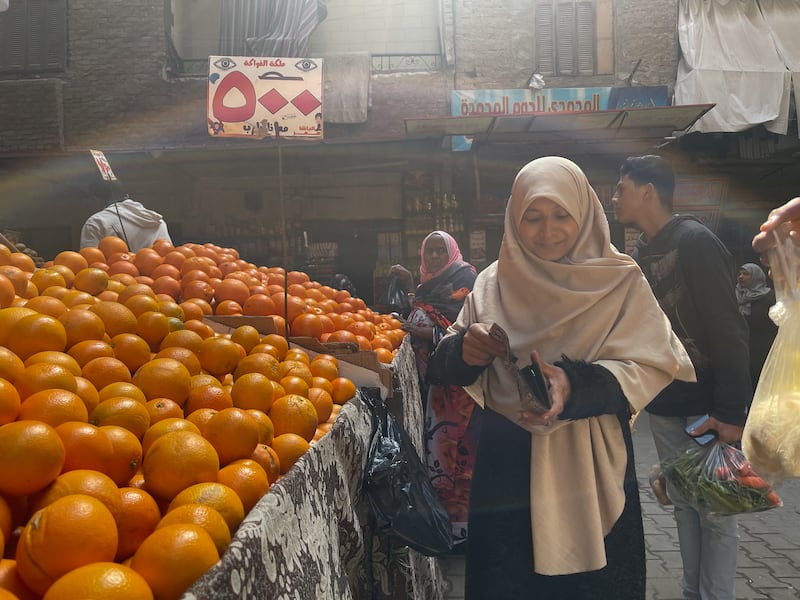Food insecurity in Arab countries, made worse by recent global crises such as the Russia-Ukraine war and Covid-19, has caused critical levels of hunger and malnutrition, a UN report said.
At an event in Cairo on Wednesday, the UN, alongside other international organisations such as the Food and Agriculture Organisation, the World Health Organisation and Unicef, launched its annual overview of food security in Arab countries.
The review also offered solutions on how to manage it.
The report found that 53.9 million people suffered from severe food insecurity in the Arab region in 2021, a 55 per cent increase since 2010 and a rise of five million people from the previous year.
Moderate to severe food insecurity has also been rising, the report said. It affected about 154.3 million people in 2021, which is 11.6 million people more than 2020.
This year’s report also found that half of everyone living in the Arab world, about 162.7 million people, could not afford a “healthy diet” in 2020.
Since 2017, food prices have increased steadily to reach unprecedented levels towards the end of last year.
The report found that one in five Arab children under the age of five suffers from stunting — defined by the UN as “impaired growth and development that children experience from poor nutrition, repeated infection and inadequate psychosocial stimulation”.
The rate of stunting in the Arab world remains lower than the global average, the report said.
But the rate of wasting, which is characterised by a low body weight for a person’s height, among Arab children is 7.8 per cent - higher than the global average of 6.7 per cent.
Wasting often indicates recent and severe weight loss, although it can also persist for a long time, the report said.
On the other hand, obesity levels in the Arab world have also been on a steady rise and the report found that since 2000, the prevalence of overweight children has steadily increased to reach 10.7 per cent in 2020.
In addition, 28.8 per cent of the region’s adults, 18 and above, are suffering from obesity. The region’s rate is double the global average.
The Arab world had already been short of meeting its nutrition-related UN-submitted Sustainable Development Goals, according to the report.
But in recent months, the situation was exacerbated by global crises such as Covid-19, the war in Ukraine and the ensuing rise in food and energy prices.
A sharp rise in energy and food prices was one of the main consequences of Russia’s war with Ukraine and prices across the region have been on a steady increase.
“These crises have affected the Arab world disproportionately and aggravated food insecurity and malnutrition in the region,” the report found.
However, apart from global crises, rampant poverty and inequality have worsened food insecurity and malnutrition in the Arab world.
The UN said in the report that it does not anticipate the Arab world to achieve its zero hunger targets, which it submitted in 2016 and tried to achieve by 2030.
The report also highlights the importance of trade as essential to increasing the quantity and variety of food available to Arab populations and decreasing its price for net-food importing countries.
Its authors urged Arab policymakers to implement policies geared towards prioritising trade as a solution to food security, which it says they largely have not done.
They also recommended that more effort should be exerted into “reducing trade barriers, developing new free trade areas, promoting digital technologies, reducing non-tariff barriers, harmonising regulatory practices”.







